In South Carolina, choosing the right pool heating system depends on your budget, usage, and climate. Here’s a quick breakdown of the three main options:
- Solar Pool Heaters: Use sunlight to heat your pool, offering low operating costs and eco-friendly energy. Installation costs range from $2,500 to $6,500, and they work best in sunny weather. They can cut annual heating expenses by up to 70%.
- Electric Heat Pumps: Efficiently transfer heat from the air to your pool, with operating costs of $120–$200 per month. Installation costs range from $2,000 to $7,500. They perform well in mild winters but may struggle when temperatures drop below 50°F.
- Gas Pool Heaters: Heat pools quickly using natural gas or propane, making them ideal for occasional use. Installation costs range from $1,500 to $5,500, but monthly operating costs are higher ($200–$400 for natural gas, $6–$8/hour for propane).
Each system has its strengths: Solar heaters are cost-effective long-term, heat pumps balance efficiency and performance, and gas heaters provide quick, reliable heating. Consider your pool size, frequency of use, and local climate to make the best choice.
1. Solar Pool Heaters
South Carolina’s sunny climate makes solar pool heaters an excellent choice for energy-efficient pool heating. These systems use solar collectors – mounted on rooftops or ground racks – to harness solar energy, which is then transferred to your pool water through a circulation system.
Energy Efficiency
Solar pool heaters thrive in sunny environments like South Carolina. According to the Department of Energy, they are among the most cost-effective ways to utilize solar energy. They work by capturing both direct and indirect sunlight, ensuring steady performance even on days when the sun isn’t shining brightly.
"With the average South Carolina pool owner spending approximately $600 per month in propane gas to heat their pool, solar pool heaters often have payback periods of one year or less. In fact, depending on the climate, solar pool heaters are often the most efficient use of solar energy systems." – Hilton Head Solar & Roofing
Switching to a solar pool heater can reduce annual heating costs by as much as 70% compared to traditional methods. Since they rely on renewable energy, these systems eliminate the recurring fuel costs of gas heaters and the high electricity bills associated with electric systems. The combination of efficiency and minimal operational costs makes solar heaters a smart, long-term investment.
Cost (Installation & Operation)
Solar pool heaters are not only efficient but also budget-friendly in the long run. Installation costs typically range between $2,500 and $6,500. This includes the heater unit itself, priced at $2,000 to $5,000, labor costs of $500 to $1,500, and optional controller valves, which run between $325 and $600. Once installed, monthly operating costs are minimal – usually between $10 and $25 – far less than what gas or electric systems require.
With payback periods often under a year and a lifespan of 10 to 20 years with proper upkeep, these systems are a cost-effective choice for pool owners looking to save money over time.
Performance in South Carolina’s Climate
South Carolina’s abundant sunshine allows solar pool heaters to extend the swimming season by raising pool temperatures by 8 to 12°F. Even on cloudy days, the panels can capture indirect sunlight, ensuring consistent energy production.
As Solaron explains:
"Solar panels rely on light, not direct heat from the sun, so even during cloudy or foggy weather, sunlight still filters through to produce energy."
To maximize performance during less sunny periods, consider expanding the solar panel array, adding an automatic controller to adjust water flow based on sunlight, using a pool cover to retain heat overnight, and running the pool pump during peak sunlight hours.
Environmental Impact
Solar pool heaters are a greener alternative to gas or electric systems, significantly reducing greenhouse gas emissions. By using renewable energy, pool owners can cut their reliance on fossil fuels, contributing to cleaner air and a smaller carbon footprint over the system’s 10- to 20-year lifespan.
2. Electric Heat Pumps
Electric heat pumps are a solid choice for pool heating in South Carolina, especially given the state’s mild climate. These systems work by transferring heat from the surrounding air into your pool water, offering a reliable and efficient way to maintain comfortable temperatures year-round. Unlike traditional heaters that rely on burning fuel, heat pumps simply move existing heat, making them a more energy-efficient option.
Energy Efficiency
One of the biggest advantages of electric heat pumps is their incredible efficiency. By transferring ambient heat, they can achieve efficiency ratings of 300–400%, meaning they use far less electricity than electric resistance heaters – about 50% less, to be exact. For pool owners, this translates into significant savings, with monthly utility bills often dropping by 30–50% after switching from conventional systems. In South Carolina, where more than 40% of households were already using heat pumps as of 2020, this technology has proven its worth.
Cost (Installation & Operation)
While the initial cost of an electric heat pump might seem steep, the long-term savings make it a worthwhile investment. Units typically range from $2,000 to $7,500, depending on the model and the size of your pool. Installation costs vary, with straightforward setups costing between $500 and $1,000, while more complex installations can go up to $3,000. Once installed, monthly operating costs usually fall between $120 and $200. Opting for models with higher COP (Coefficient of Performance) ratings can help further reduce these expenses.
Performance in South Carolina’s Climate
South Carolina’s moderate winters, with average temperatures hovering between 47°F and 52°F, are ideal for electric heat pumps. Modern systems are designed to work efficiently even when temperatures dip below freezing, ensuring your pool stays warm during the cooler months. Many heat pumps can also reverse their operation to act as air conditioners during the summer, offering year-round functionality. For those living in coastal areas, it’s wise to choose models with corrosion-resistant components to handle the region’s humidity and salt air. Regular maintenance, such as annual checkups and filter replacements, will keep your system running smoothly.
Environmental Impact
Electric heat pumps are an environmentally friendly choice, producing minimal on-site emissions. Unlike oil, gas, or propane systems that rely on combustion and emit carbon dioxide, heat pumps run on electricity, making them a cleaner option for pool heating. They also contribute to better air quality around your pool by filtering out particulates. As South Carolina continues to expand its renewable energy infrastructure, the environmental benefits of using electric heat pumps will only increase, making them an even more attractive option for eco-conscious homeowners.
3. Gas Pool Heaters
Gas pool heaters use natural gas or propane to heat water quickly, providing reliable warmth no matter the weather. In South Carolina, where the climate can vary greatly, gas heaters are a dependable choice for keeping your pool comfortable. Let’s break down their performance in terms of energy efficiency, costs, reliability, and environmental considerations.
Energy Efficiency
Gas heaters operate at 89%–95% efficiency, but they fall short compared to the energy efficiency of electric heat pumps. According to Net Positive Pool Services:
"When it comes to operational efficiency, electric heaters win the battle… In contrast, gas heaters, while offering rapid heating, use more fuel, resulting in less energy efficiency."
One of the standout benefits of gas heaters is their ability to deliver consistent performance regardless of outside temperatures. Unlike heat pumps, which become less efficient in colder weather, gas heaters maintain their heating power even during South Carolina’s cooler winter months. This makes them a practical option for occasional pool use during colder seasons.
Cost (Installation & Operation)
When looking at costs, gas heaters come with a range of expenses. Installation typically runs between $1,500 and $5,500, though additional costs may arise if a new gas line is needed.
Operating costs depend on the type of fuel. Natural gas heaters generally cost $200–$400 per month to operate, or about $3.00 to $9.00 per hour. Propane heaters, while efficient, are pricier to run, costing around $6.00 to $8.00 per hour for a 300,000 BTU unit.
Performance in South Carolina’s Climate
Gas heaters shine in South Carolina’s climate, adapting easily to rapid temperature changes and maintaining your pool at the desired warmth no matter the weather. This makes them especially appealing for homeowners who use their pools sporadically, like on weekends or for special occasions.
With outputs ranging from 75,000 to 450,000 BTUs, choosing the right size is crucial. Factors such as your pool’s surface area, the temperature you want to maintain, and local weather conditions all play a role in selecting the right unit for efficient heating.
Environmental Impact
Gas heaters do have a larger environmental footprint compared to electric heat pumps. Since they burn fossil fuels, they produce carbon dioxide and other emissions directly at the site. For eco-conscious pool owners in South Carolina, using a pool cover alongside a gas heater can help reduce heat loss and cut down on fuel consumption, similar to the strategies used with solar pool heaters.
On average, gas heaters last about five years or more, which is considerably shorter than the 15–20 year lifespan of electric heat pumps. Regular maintenance can help keep them running efficiently and extend their usable life.
sbb-itb-87baa56
Advantages and Disadvantages
Each pool heating system comes with its own set of perks and drawbacks. Knowing these differences can help you choose the one that best matches your needs, budget, and how you plan to use your pool.
Solar pool heaters are a fantastic option for those looking to save money in the long term. Once installed, they have almost no operating costs since they rely on free solar energy. In sunny places like South Carolina, the payback period can be as short as a year because of high propane costs. However, their performance depends heavily on the weather and sunlight, making them less effective during cloudy days or colder months.
For a more reliable option across different temperatures, electric heat pumps strike a good balance between efficiency and consistent performance. They are the most cost-effective choice for ongoing pool heating, with operational costs up to six times lower than gas heaters. They also last longer – often over ten years, which is double the lifespan of a gas heater. The downside? Their efficiency drops when the air temperature falls below 50°F, which can be an issue during South Carolina’s chilly winter nights.
If speed and reliability are your top priorities, gas heaters stand out. They heat pools quickly and maintain any temperature, no matter the weather or climate. This makes them perfect for occasional, rapid heating. However, this convenience comes at a price – higher operating costs and a larger environmental footprint. For instance, propane heaters burn about 1 gallon per hour per 100,000 BTUs.
Here’s a quick comparison of the key factors:
| Heating System | Energy Efficiency | Installation Cost | Operating Cost | Climate Performance | Environmental Impact | Lifespan |
|---|---|---|---|---|---|---|
| Solar | Highest (free energy) | $2,500 – $4,000 | Near zero | Weather dependent | Lowest | 15-20 years |
| Electric Heat Pump | High (5 kW/hr per 100K BTU) | ~$3,600 | $0.80/hr* | Drops below 50°F | Low | 10+ years |
| Gas (Natural) | Moderate (89-95%) | $2,300 – $2,900 | $6.00/hr* | Reliable in all weather | High | 5+ years |
| Gas (Propane) | Moderate (89-95%) | $2,300 – $2,900 | $18.00/hr* | Reliable in all weather | High | 5+ years |
*Operating costs are based on 400,000 BTU heating capacity, assuming electricity costs $0.16/kWh, natural gas is $1.50/therm, and propane is $4.75/gallon.
Maintenance expenses also vary. Solar heaters are the cheapest to maintain ($50–$400), followed by gas heaters ($150–$750), and then electric heat pumps, which are the most expensive ($200–$1,200). If you have a saltwater pool, keep in mind that repair costs could increase by up to 50% due to corrosion.
If your goal is to minimize long-term costs and you don’t mind weather dependency, solar heaters are your best bet. For steady, efficient heating at a moderate cost, electric heat pumps are a solid choice. But if you need fast, reliable heating in any condition and can handle higher operating costs, gas heaters are the way to go.
No matter which system you choose, adding a solar blanket can improve efficiency and reduce heat loss. It’s a simple upgrade that benefits every heating method.
Conclusion
Choosing the right pool heating system comes down to your personal preferences and swimming habits. Solar pool heaters are an excellent choice for energy-conscious homeowners, especially in South Carolina, where the abundant sunshine makes them highly effective. They often pay for themselves in less than a year through substantial savings compared to traditional heating options.
Each type of system has its own strengths. Electric heat pumps are a dependable option for consistent performance in South Carolina’s warm climate, even when the weather isn’t perfect. On the other hand, gas heaters are ideal for those who need quick heating, whether for occasional swims or weekend gatherings. Finding the right balance between performance, speed, and cost is essential for making the most of your pool.
Hybrid systems can take things a step further by combining the benefits of multiple technologies. For instance, pairing solar rings – which can produce up to 21,000 BTUs of heat daily – with a heat pump creates a highly efficient system that can significantly extend your swimming season. Adding a solar cover to the mix helps minimize heat loss, boosting overall efficiency.
To ensure your pool heating system is perfectly suited to your needs, consulting with a professional is a smart move. Key factors like the size of your pool, local climate, existing equipment, and how often you use your pool all influence the best choice. Aqua Blue Pools specializes in custom solutions for South Carolina homeowners and can guide you toward the ideal system for your luxury pool, infinity pool, or any other design.
FAQs
What is the most cost-effective way to heat my pool in South Carolina’s climate?
To choose the most budget-friendly way to heat your pool in South Carolina, it’s important to take into account the region’s warm weather and how often you use your pool. Solar pool heaters stand out as a great option since they use free solar energy, which can cut down operating costs by a large margin. Another solid choice is heat pumps, which are energy-efficient and work well to maintain a comfortable water temperature throughout the year while using less electricity than traditional heaters.
For even more savings, consider using a pool cover to reduce heat loss, especially overnight. Additionally, try scheduling your pool heating during the warmer parts of the day. These simple steps can help you extend your swimming season without breaking the bank on energy bills.
What maintenance and additional costs should I expect with different pool heating systems?
Maintenance and expenses for pool heating systems vary depending on the type of system you choose:
- Gas heaters need regular checks for leaks, proper venting, and carbon buildup. On average, annual maintenance costs run about $470, and installation expenses typically fall between $1,500 and $3,300.
- Electric heat pumps require periodic cleaning, debris removal, and electrical inspections. Maintenance costs are generally around $230 per year, while monthly heating costs range from $20 to $450, depending on how much you use the system.
- Solar heating systems involve minimal maintenance, mostly cleaning the panels and clearing away debris. Although the upfront installation costs are higher, the ongoing operational costs are extremely low.
Keeping up with regular maintenance not only ensures your system operates efficiently but also extends its lifespan. Actual costs can vary depending on the complexity of the system and local service rates.
Is a hybrid pool heating system with solar panels and an electric heat pump a good choice for energy efficiency and cost savings in South Carolina?
Yes, combining a solar pool heater with an electric heat pump is a smart choice for South Carolina’s climate. Solar heaters use the sun’s energy to warm your pool efficiently, taking full advantage of the region’s abundant sunny days. On the other hand, electric heat pumps maintain consistent water temperatures during cooler periods, meaning you can enjoy your pool all year long.
Together, these systems strike a balance between energy efficiency and cost savings. In South Carolina, where warm, sunny weather is the norm but cooler days still occur, this setup ensures your pool stays comfortable while keeping energy expenses in check. It’s a win-win for both your wallet and the environment.


